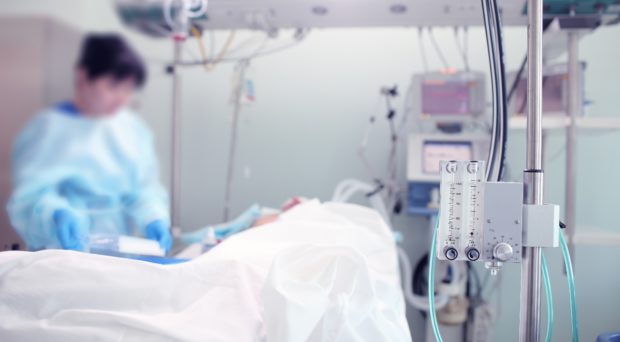
After being treated for a critical illness in the ICU, anxiety, depression and PTSD are very common and often complex when they occur. The Intensive Care Outcomes Network (ICON) study, published in Critical Care, is the largest multi-center study of post critical illness Health Related Quality of Life and psychopathology (anxiety, depression and post-traumatic stress disorder – PTSD) conducted in post ICU survivors in the UK to date. We carried out a prospective, multicentre (26 UK ICUs) follow-up study assessing depression, anxiety and PTSD using postal questionnaire. Between 2006 and 2013, 13,155 ICU survivors were included. ICON was jointly funded by the Intensive Care Foundation and the BUPA Foundation.
ICON included patients who had received at least 24 hours of ICU care and were 16 years of age or older. Participants received postal follow-up with the Hospital Anxiety and Depression Score (HADS) and the PTSD Check List-Civilian (PCL-C) at 3 and 12 months following discharge from ICU. The main study outcome measures were caseness (significant self-reported symptoms) of anxiety, depression and PTSD and 2-year survival.
Over half of those who responded reported significant symptoms of anxiety, depression or PTSD.
Over half of those who responded reported significant symptoms of anxiety, depression or PTSD. Caseness prevalence was 46%, 40% and 22% for anxiety, depression and PTSD respectively. When significant symptoms did occur, there was a 65% chance that they co-occurred with symptoms of one or more of the other two conditions. Thresholds for all three conditions simultaneously were met in 17% of respondents. Interestingly PTSD was very unlikely to occur in isolation (1% of respondents).
In otherwise similar patients, those reporting symptoms of depression were 47% more likely to die from any cause (all-cause mortality) during the first two years after discharge from the ICU than those who did not report these symptoms.
The results should be interpreted with caution as all participants were in the UK and less than 40% of those invited took part. However, ICON findings suggest that depression following a critical illness may be a marker of declining health and clinicians should consider this when following up with former ICU patients. In addition, clinicians should be aware that in these patients, conditions often overlap making psychopathology complex.
Comments